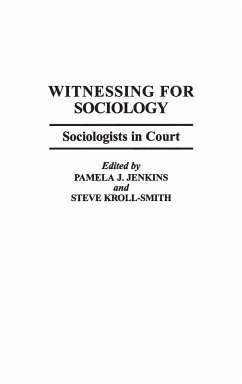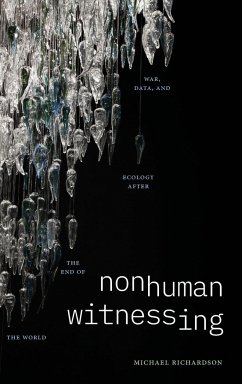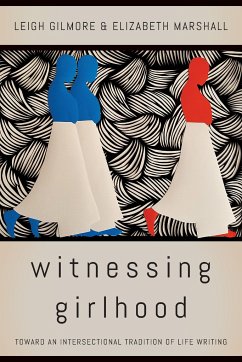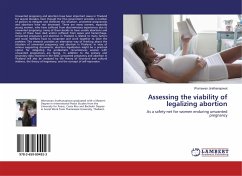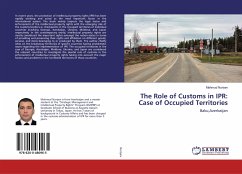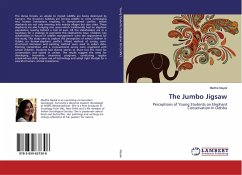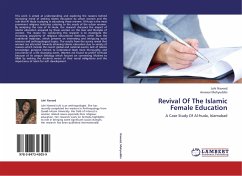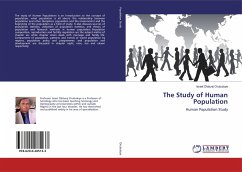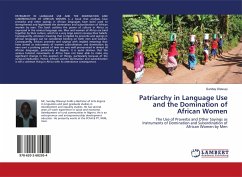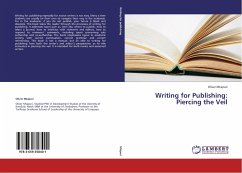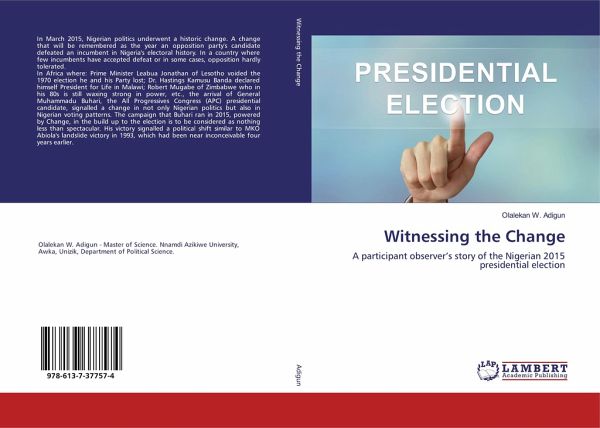
Witnessing the Change
A participant observer's story of the Nigerian 2015 presidential election
Versandkostenfrei!
Versandfertig in 1-2 Wochen
47,99 €
inkl. MwSt.

PAYBACK Punkte
24 °P sammeln!
In March 2015, Nigerian politics underwent a historic change. A change that will be remembered as the year an opposition party's candidate defeated an incumbent in Nigeria's electoral history. In a country where few incumbents have accepted defeat or in some cases, opposition hardly tolerated.In Africa where: Prime Minister Leabua Jonathan of Lesotho voided the 1970 election he and his Party lost; Dr. Hastings Kamusu Banda declared himself President for Life in Malawi; Robert Mugabe of Zimbabwe who in his 80s is still waxing strong in power, etc., the arrival of General Muhammadu Buhari, the A...
In March 2015, Nigerian politics underwent a historic change. A change that will be remembered as the year an opposition party's candidate defeated an incumbent in Nigeria's electoral history. In a country where few incumbents have accepted defeat or in some cases, opposition hardly tolerated.In Africa where: Prime Minister Leabua Jonathan of Lesotho voided the 1970 election he and his Party lost; Dr. Hastings Kamusu Banda declared himself President for Life in Malawi; Robert Mugabe of Zimbabwe who in his 80s is still waxing strong in power, etc., the arrival of General Muhammadu Buhari, the All Progressives Congress (APC) presidential candidate, signalled a change in not only Nigerian politics but also in Nigerian voting patterns. The campaign that Buhari ran in 2015, powered by Change, in the build up to the election is to be considered as nothing less than spectacular. His victory signalled a political shift similar to MKO Abiola's landslide victory in 1993, which had been near inconceivable four years earlier.



